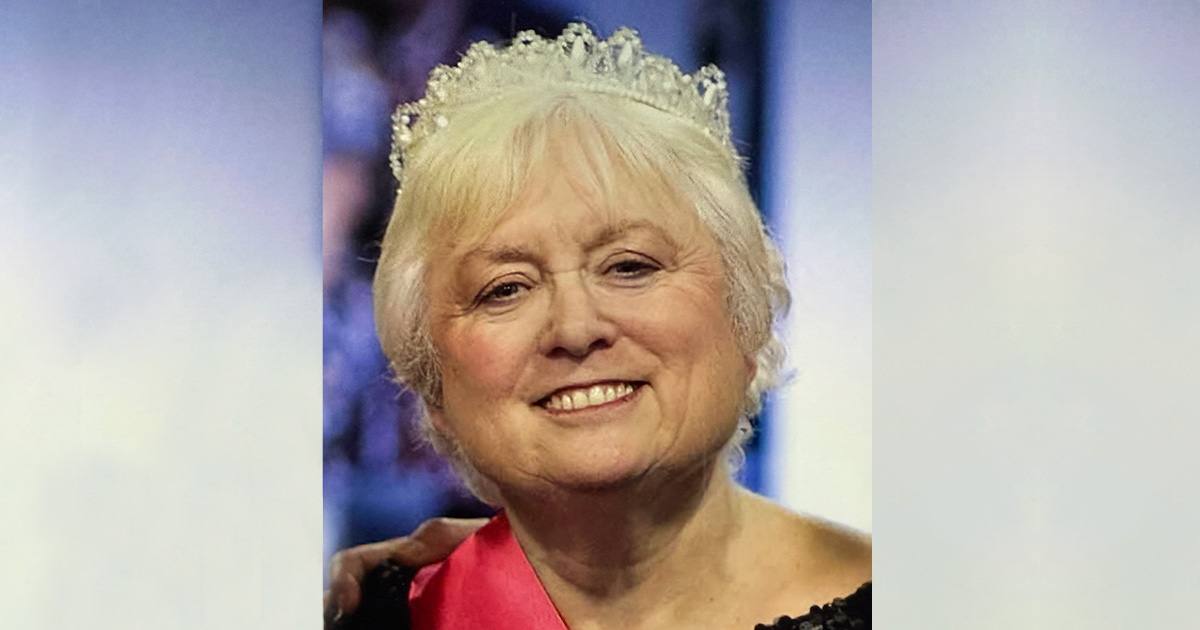It is now over 5 years since nurses were first allowed access to the prescription pad and nurses are now able to prescribe in three ways.
Independent prescribing (Health Visitors and District Nurses Formulary) was introduced nationally in the late 1990s (DoH, 1989) and was open only to nurses with a district nursing or health visiting qualification. Some suitably qualified DSNs took up the challenge but the only items of any real use to diabetes care were blood glucose monitoring equipment and pen needles.
Extended Independent Prescribing (Extended Formulary) was introduced in 2002 and training was opened up to all registered nurses with a minimum of 3 years experience. The extended formulary included additional prescription only medicines. However, the only items included of benefit to diabetes were antifungals and selected antibiotics for specific infections, and many DSNs remained sceptical of the benefits of the training programme.
Supplementary prescribing was introduced last year (DoH, 2003). Nurses who have completed the course can prescribe (as an independent prescriber) from both the above formularies. In addition they may prescribe almost all drugs included in the British National Formularly as long as they are agreed by an independent prescriber (a doctor) and included in a clinical management plan (CMP). This represents an important new opportunity for DSNs and has been greeted with enthusiasm. Many DSNs are now keen to start prescribing courses.
The challenges
The supplementary prescribers course consists of 26 days attendance plus 12 days supervised practice, a considerable (although variable) amount of coursework and an exam (or two). There appears to be little consistency in the course content throughout the country and the mode of assessment differs. Thankfully pharmacology is a core (and challenging!) element of most courses. Courses appear to be well resourced but time out from the workplace to attend the course can lead to considerable stress with colleagues having to take on extra work to cover the service, especially when there are several nurses wanting to complete the training.
Implementation of nurse prescribing
Primary care trusts, having had previous experience of district nurse and health visitor prescribing often have systems in place and have encouraged the initiative. However, many nurses in acute trusts are still not prescribing 12 months after completing the course. My own trust does not see any benefits to independent prescribing and has insisted that pen needles, blood glucose monitoring equipment and antifungals can only be prescribed if they are included in CMPs. This rather goes against the grain of training nurses to be independent prescribers and improving access to care. It is difficult to anticipate every situation and include it in a CMP.
A role for all DSNs?
Guidelines from the Department of Health (2003) stress that nurses should only undertake the role of nurse prescribing on a voluntary basis. However, in my view, nurse prescribing should be an essential role for the specialist nurse of the future because the NHS Plan (2000) specifically refers to managing patient caseloads and prescribing medicines as key roles for nurses. Whilst there should be no pressure on nurses to take on the role, it is likely that in the future a willingness to take on the nurse prescribing role will rightly become a prerequisite to employment. If the experience from community nursing and health visiting is anything to go on, then in years to come, nurse prescribing will become an integral part of nurse training.
Benefits to patients
There are undoubtedly benefits to patients who can access changes to medication without an additional visit to a GP for a change in prescription. Supplementary prescribing allows specialist nurses to be involved in any area of diabetes care from the management of glycaemic control to the management of complications. In the future, insulin may be included in the independent formulary for the management of acute situations, enabling specialist nurses to prescribe fast acting insulins to patients with intercurrent illness and help prevent hospital admissions.
So is nurse prescribing worth the effort? In my view it is. New developments always bring new dilemmas and implementation will inevitably meet with some resistance. However, ultimately nurse prescribing will improve the quality of care for our patients with diabetes.
I believe that nurse prescribing should be an essential skill of the DSN of the future and will be related to career progression.





Su Down examines the tirzepatide plans and their implications for primary care.
1 May 2025